Becoming a pilot is a dream that many young individuals harbor, and the journey to realizing this dream begins with a passion for aviation. In India, the path of how to become a pilot after completing the 12th standard is well-defined but requires dedication, perseverance, and a strategic approach. This comprehensive guide aims to shed light on every aspect of this exciting career path, covering the necessary qualifications, training programs, licensing requirements, and career prospects for aspiring pilots.
Understanding The Requirements For How To Become A Pilot
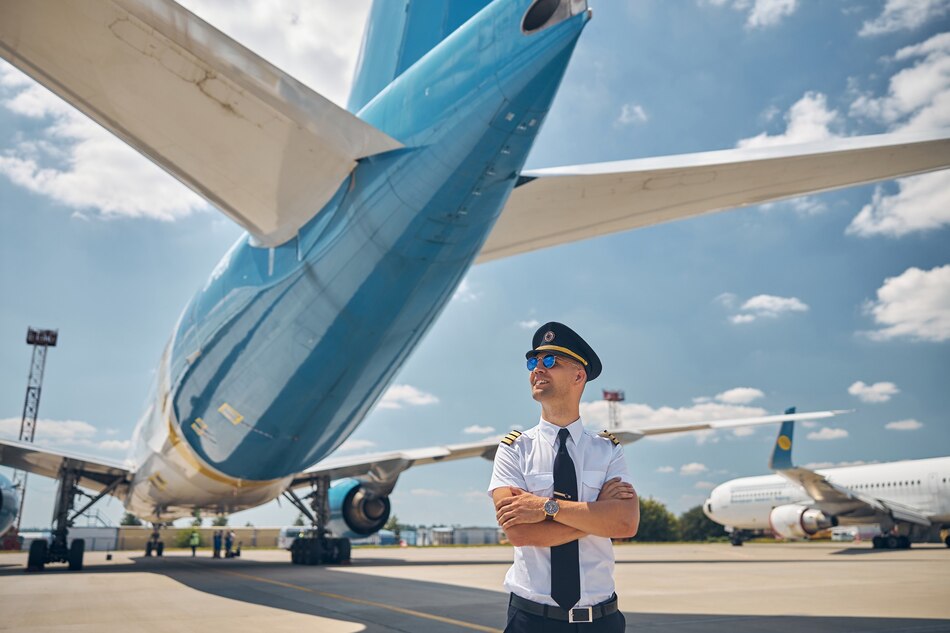
Educational Qualifications
The first step towards how to become a pilot after the 12th is to ensure that you meet the educational requirements. Typically, candidates should have completed their 12th standard with Physics and Mathematics. Some institutes may also have specific age criteria but normally it is 17 years.
Medical Fitness
Physical fitness is a critical aspect of a pilot’s job. Aspiring pilots must undergo a medical examination conducted by a DGCA (Directorate General of Civil Aviation) approved medical practitioner. This examination ensures that candidates meet the physical fitness standards set by aviation authorities.
Choosing The Right Course
Types Of Pilot Training Courses
There are different types of pilot training courses available in India, and choosing the right one is crucial. The two primary types are Commercial Pilot License (CPL) and Private Pilot License (PPL). Understanding the differences between these licenses, including the duration, cost, and eligibility criteria, is essential for making an informed decision.
Selecting A DGCA Approved Flying School
Choosing a DGCA approved flying school is a pivotal decision in the journey to becoming a pilot. This section explores the factors to consider when selecting a flying school, including accreditation, infrastructure, faculty, and training aircraft.
The Training Process
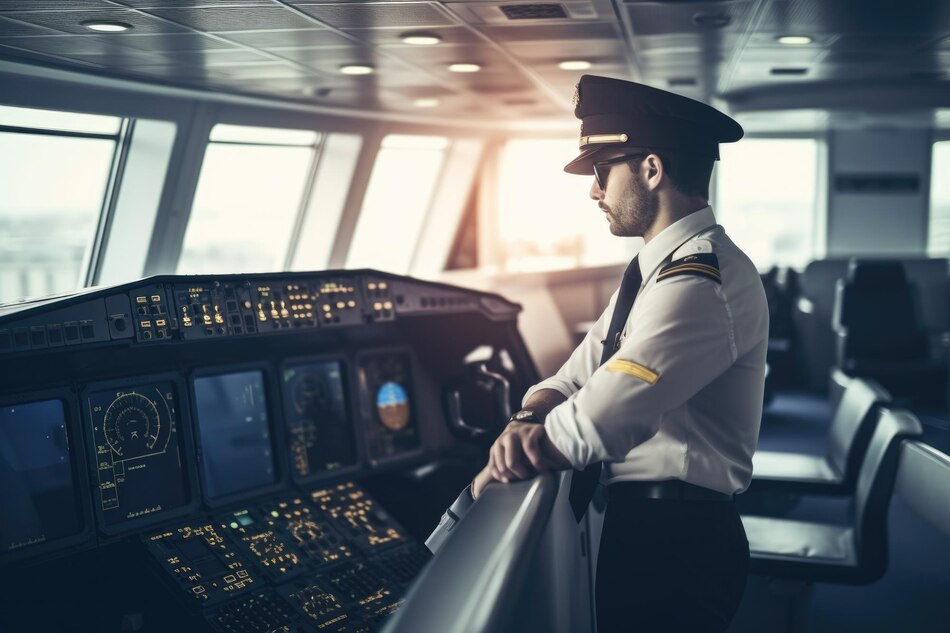
Ground School Training
Ground school training forms the theoretical foundation of a pilot’s education. It covers subjects such as air navigation, meteorology, air regulations, and aircraft systems. This section delves into the curriculum, duration, and examinations associated with ground school training.
Flying Hours Requirement
Accumulating a specified number of flying hours is a prerequisite for obtaining a CPL. This section outlines the flying hours required for both PPL and CPL and discusses the importance of practical flying experience in shaping a pilot’s skills.
Simulator Training
Simulator training is an integral part of a pilot’s education, providing a controlled environment for practicing various scenarios. This section explains the role of simulator training, its benefits, and how it contributes to a pilot’s overall competence.
License Acquisition
Private Pilot License (PPL)
The PPL is the first step in the licensing process. This section details the requirements for obtaining a PPL, including the minimum flying hours, solo flight requirements, and the examinations involved.
Commercial Pilot License (CPL)
After completing the PPL, aspiring pilots move on to acquiring a CPL. This section explores the additional requirements, including the minimum age, flying hours, and the subjects covered in the CPL examination.
Job Opportunities And Career Path
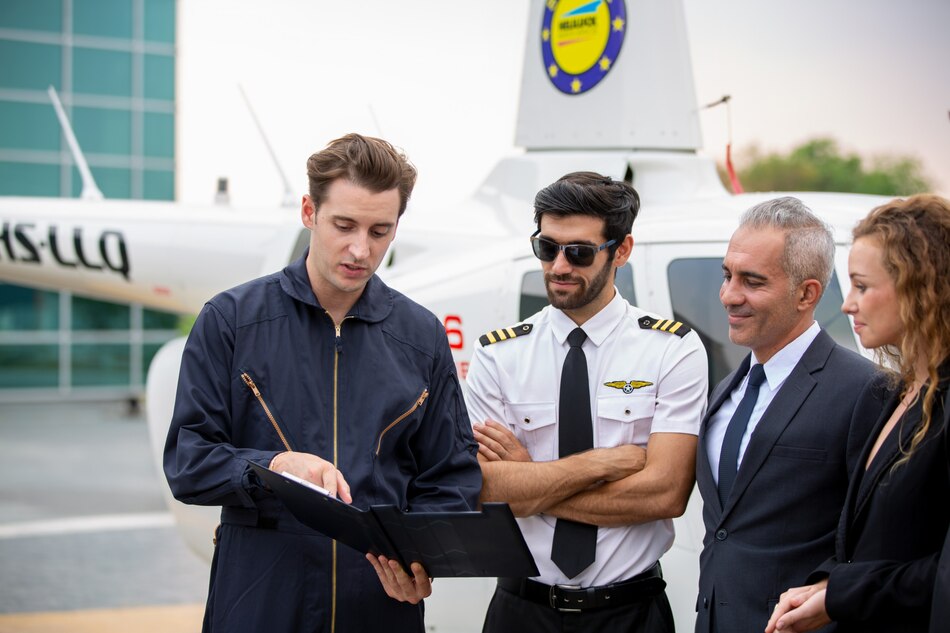
Entry-Level Opportunities
Upon obtaining a CPL, pilots can explore various entry-level opportunities. This section discusses options such as flight instructor roles, banner towing, and aerial surveying, providing a stepping stone for building experience.
Airline Pilots
Becoming an airline pilot is often the ultimate goal for many aspiring aviators. This section explores the pathways to securing a position with commercial airlines, including the role of type rating, additional certifications, and the airline hiring process.
Career Advancement
Career advancement in aviation is not solely limited to flying. Pilots can explore managerial roles, training positions, or even transition to specialized areas such as air ambulance or corporate aviation. This section discusses the diverse career paths available to experienced pilots.
Skills Required
Technical Skills
Becoming a successful pilot requires a set of technical skills. This section explores the technical competencies, including aeronautical knowledge, proficiency in using navigation instruments, and the ability to operate and troubleshoot aircraft systems.
Soft Skills
In addition to technical skills, pilots need strong soft skills. Communication, decision-making, leadership, and adaptability are crucial for handling various in-flight situations. This section discusses the importance of cultivating these skills during training.
Types Of Pilot Careers
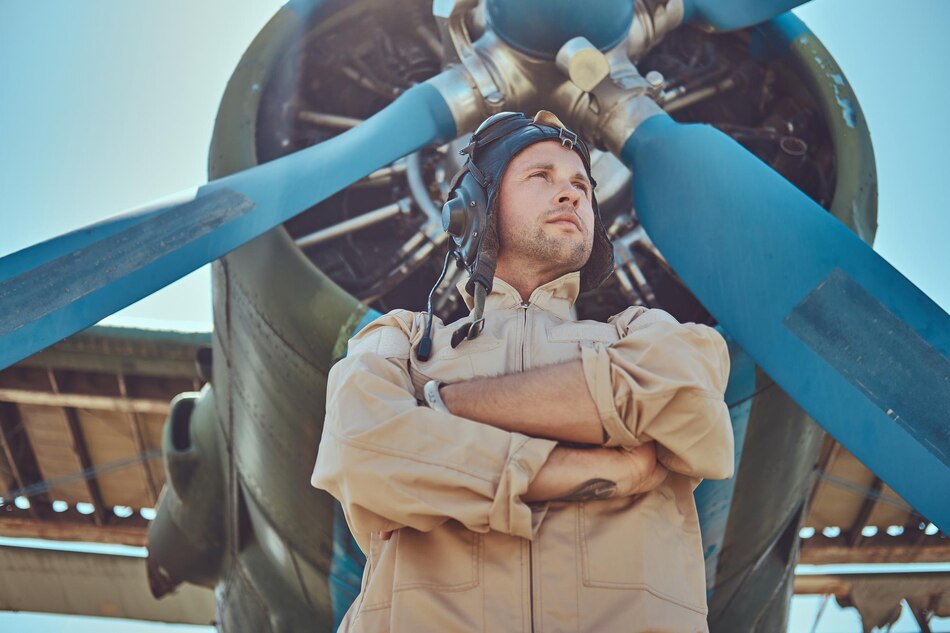
Commercial Airline Pilot
Becoming a commercial airline pilot is a common aspiration. This section provides an in-depth look at the responsibilities, challenges, and rewards associated with a career in commercial aviation.
Cargo Pilot
For those interested in transporting goods rather than passengers, a career as a cargo pilot may be appealing. This section explores the unique aspects of cargo piloting, including the types of aircraft involved and the demand for cargo pilots.
Helicopter Pilot
Helicopter pilots play a crucial role in various sectors, including emergency medical services, search and rescue, and tourism. This section delves into the specific requirements and challenges of becoming a helicopter pilot.
Corporate Pilot
Corporate pilots operate private aircraft for businesses and high-net-worth individuals. They are responsible for transporting executives and VIPs, often on a schedule tailored to the needs of the organization. Corporate pilots may work directly for a company or be employed by private aviation services.
Test Pilot
Test pilots are involved in the development and testing of new aircraft or modifications to existing ones. They evaluate the performance, safety, and handling characteristics of aircraft under various conditions. This role requires a deep understanding of aviation systems and a willingness to take calculated risks.
Benefits Of A Career As A Pilot
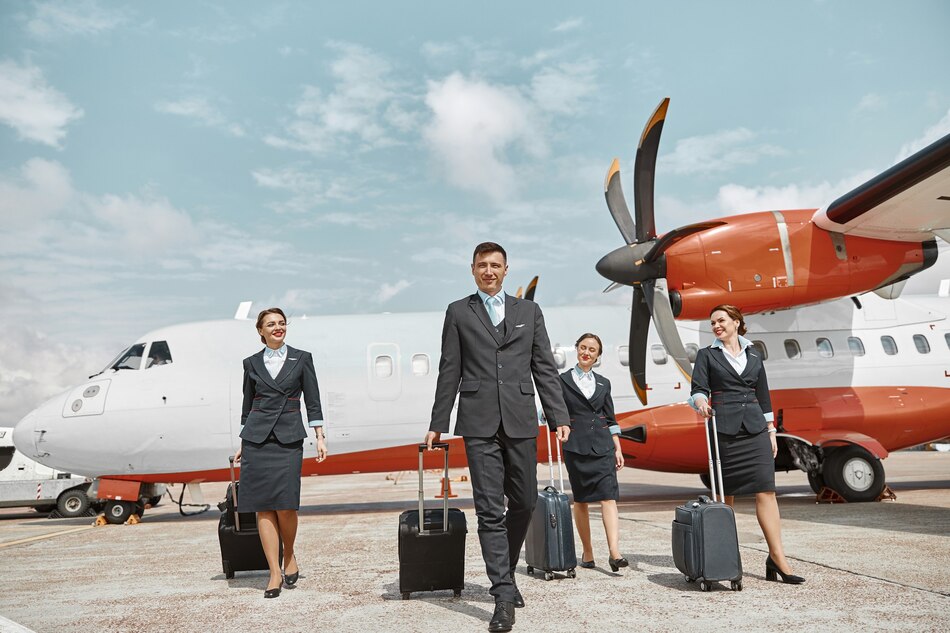
Adventure and Travel
One of the primary benefits of a career as a pilot is the opportunity for adventure and travel. This section explores how pilots get to experience different cultures, landscapes, and destinations as part of their job.
Competitive Salary
Pilots often enjoy competitive salaries, making it a financially rewarding career. This section discusses the earning potential at different stages of a pilot’s career and the factors influencing salary.
Job Security and Demand
The aviation industry is known for its demand for skilled pilots. This section explores the job security and demand for pilots in the current market, considering factors such as global travel trends and industry growth.
Challenges and Solutions
Financial Challenges
The cost of pilot training can be a significant barrier for many aspiring pilots. This section provides insights into the financial aspects of pilot training, including available scholarships, loans, and cost-effective training strategies.
Market Trends And Industry Challenges
The aviation industry is dynamic, and staying informed about market trends and industry challenges is crucial for aspiring pilots. This section explores the current trends in the aviation sector, including technological advancements, regulatory changes, and the impact of global events.
Conclusion
Becoming a pilot after the 12th in India is an exciting and challenging journey that demands dedication and a strategic approach. This comprehensive guide has covered every aspect of the process, from meeting the educational and medical requirements to choosing the right training program, acquiring licenses, exploring career opportunities, and overcoming challenges. By following this roadmap, aspiring pilots can navigate the skies with confidence, turning their dreams of aviation into a fulfilling reality.
FAQ
How does the demand for pilots vary regionally in India, and are there specific regions with higher opportunities?
The demand for pilots can vary by region in India, with metropolitan areas and major aviation hubs typically offering more opportunities. However, the aviation industry is dynamic, and demand can shift based on economic factors and airline expansions. Aspiring pilots should consider this when planning their career path.
Can international students pursue pilot training in India, and what are the considerations for them?
Yes, international students can pursue pilot training in India. However, they need to adhere to specific visa regulations and meet the educational and medical requirements. It’s crucial for international students to choose DGCA-approved flying schools and comply with immigration procedures.
Can I pursue a career as a pilot if I haven’t studied Physics and Mathematics in the 12th standard?
While Physics and Mathematics are commonly required subjects, some flying schools and aviation academies may consider candidates from diverse educational backgrounds. It’s advisable to check with specific institutions to understand their eligibility criteria and any additional requirements.
